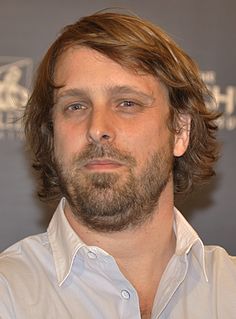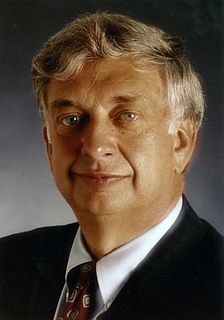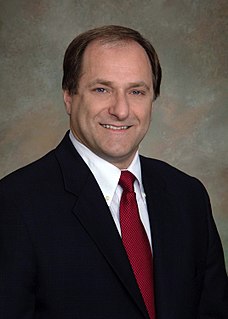A Quote by James L. Brooks
You have more and more people coming into the tent with the creative guys [on Hollywood films]. You have marketing and concept testers, advertising people. What you find gets the high numbers is easily appealing subjects: a baby, a big broad joke, a high concept. Everything is tested. The effect is to lessen the gamble, but in fact you destroy a writer's confidence and creativity once so many people are invited into the tent.
Quote Topics
Advertising
Appealing
Baby
Big
Broad
Coming
Concept
Confidence
Creative
Creativity
Destroy
Easily
Effect
Everything
Fact
Films
Find
Gamble
Gets
Guys
High
Hollywood
Hollywood Films
In Fact
Invited
Joke
Many
Marketing
More
More And More
More People
Numbers
Once
People
So Many People
Subjects
Tent
Tested
Testers
Writer
Related Quotes
When I was a TV director working on Judd Apatow's show Undeclared. I was surrounded by so many young people. People like Seth Rogen, who was 9 years old or something. It was just a ridiculous amount of talented young people. I started to think I'd like to see a young-love movie, but not one done in that glossy, Hollywood, high-concept manner we've become accustomed to. One that was, for lack of a better way of putting it, a little more ambiguous, '70s-style, where everyone was flawed, middle-class characters.
Those powers that control the tent are not threatened at all by any activity that you engage in, in the shadows, that's not moving toward the tent. And I am rather convinced that we have a generation that is so preoccupied with life in the shadows, they never even focus on getting to the sunlight where you open up the big tent.
Innovation is a subset of creativity. Innovation often deals with product launches and is often relegated to the C-suite or to heads of R&D departments. Innovation requires creativity, but creativity is something that is much more broad. It applies to people at all levels of an organization. Today, we all are responsible for delivering "everyday creativity". Small creative acts that add up to big things.
Making African American films are hard in Hollywood. We need to rely on a support network and bring more cohesion to different filmmakers, actors, producers etc. It's a very difficult business. There aren't a lot of Africans Americans or people of color in high positions in Hollywood that we can green-light films.


































